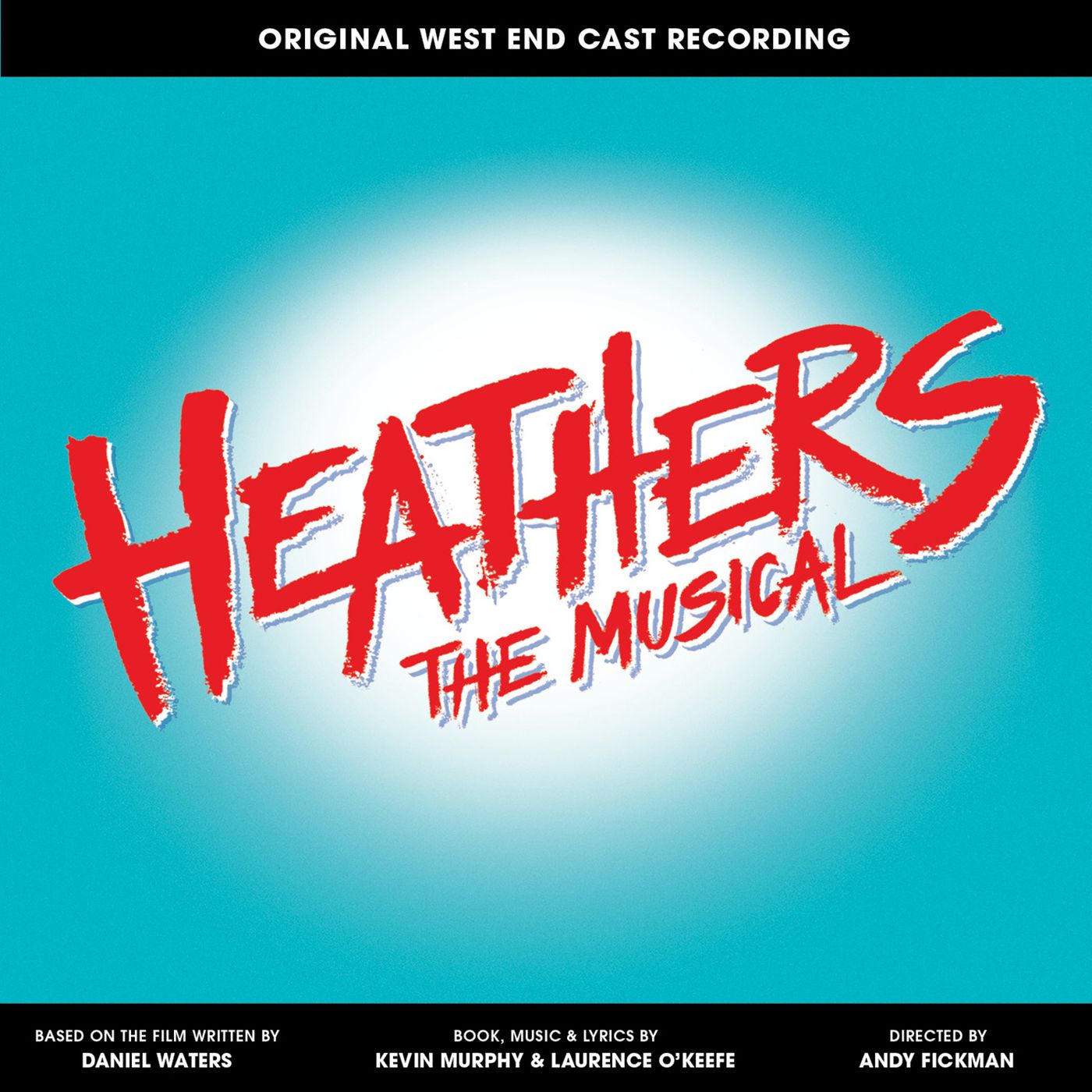BWW Album Review: Welcome to HEATHERS' Sweet and Sour Candy Store

Let's be honest: you probably already have an opinion about Heathers. The cult '90s movie became an off-Broadway musical (with a score by Kevin Murphy and Laurence O'Keefe) with equally cult-hit status, attracting intense fans and intense disdain alike. Now, it's finding new life in London's West End, where the show's biggest production to date is currently running. The newly released West End cast recording includes all the fan-favorite songs from the original version, as well as a few new additions. For longtime fans, it's a welcome treat to have an updated version, but it's unlikely to win over longtime skeptics.
Carrie Hope Fletcher is an interesting choice to play protagonist Veronica, the nerdy girl who gets sucked into the orbit of three popular girls in a violent, campy proto-Mean Girls plot. She's got a strong voice, and from the very beginnings of "Beautiful," she adeptly shifts between her inner beltress and her mousy-girl spoken lines. And yet, by the time we get to teenage-lust-anthem "Dead Girl Walking," the notes in her upper register become a little weak, and this fluctuation carries through several of the songs on the album. She does, however, shine on "Seventeen," the gentle ballad that gives us a break from the gleefully violent campiness of the rest of the show to just press pause on the craziness and let our teenage characters simply be kids for a few moments.
Opposite Fletcher is Les Mis vet Jamie Muscato as JD, a creepy amalgamation of every early-90s high school bad boy: a tormented, if charming, soul with a dark streak. I'll admit: although JD's signature paean to nihilism and cynicism, "Freeze Your Brain," is a fan favorite, I simply can't get past lyrics that pay tribute to gas station linoleum and take themselves so seriously. Muscato is appropriately creepy, and his voice darkens along with his character arc, journeying through JD's unlikeable, downright horrifying actions all the way to a modicum of sympathy with "I Am Damaged."
It wouldn't be Heathers without the Heathers: three mean girls in candy-colored costumes, here played by Jodie Steele, Sophie Isaacs and T'Shan Williams. Their signature song, "Candy Store," is definitely catchy and energetic - it's a full-fledged earworm. That's true of most of the score: it's incredibly catchy. Is that charming or annoying? Could go either way, but it's nice to be reminded, after years of Heathers being pigeonholed as the too-serious obsession of overly-angsty theatre kids, that the score has moments of real, sharp, unflinching insights into what it's like to be a teenager. Even when the lyrics are cheesy or wildly mundane - and they often are - there's something about them that captures the simultaneous cynicism and hopefulness of being seventeen.
As not-quite-evil Heather McNamara, Isaacs gets the chance to break out of the mean-girl stereotype more so than her co-stars. But it's Williams who gets a brand-new song: "Never Shut Up Again," a surprisingly brutal and nuanced song for an unsettlingly familiar moment in the story: where the long-misused sidekick finally climbs to the top, only to become the very person she despised.
There are two other new songs on the album that have been added since the original off-Broadway recording from 2014. Fletcher's "I Say No" is a late-Act 2 song that musically marks Veronica's moment of emancipation from the tangled web she and JD have woven. The song fits right into the rest of the soundtrack and, truly, feels like a song that should have existed long before now. Heathers has always been an odd bird in terms of how it handles its female characters, their sexuality, and their agency, but this new song shades in some spots that were musically missing before; it's a great addition.
The other is a replacement for an old song, rather than a new musical moment: "You're Welcome" replaces "Blue" for the tense moment where Veronica is cornered and threatened by the resident duo of entitled jocks. It's a darker, tenser song that takes away some of the goofiness of "Blue"; instead, it's an unforgiving, unsettlingly perky capture of rape culture and high school harassment that doesn't end after high school. By changing the central image of the song, O'Keefe and Murphy keep the dark humor but raise the stakes. It's representative of Heathers as a whole: trying to comment on serious ideas and invert tropes, but sometimes getting bogged down by its own stylization and tropes of its own.
Reader Reviews
Videos
